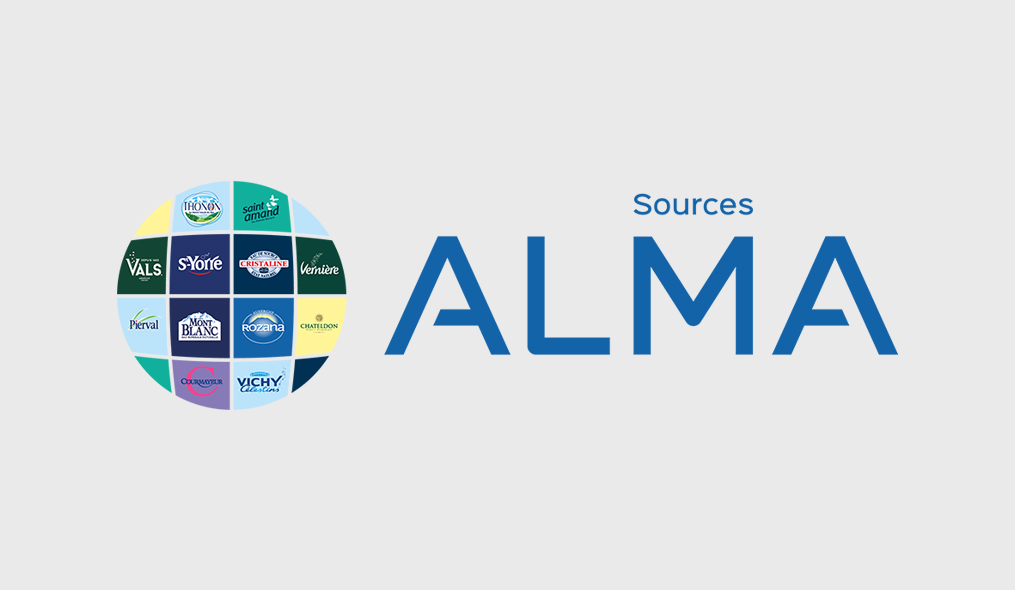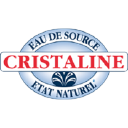Summary
The global flavored water market has been experiencing robust growth since 2020, with increasing consumer demand for healthier and natural beverage options as an alternative to sugary sodas. As of 2021, the market was valued at $23.47 billion, with projections indicating a rise to $34.97 billion by 2026, reflecting a compound annual growth rate (CAGR) of 8.3%. The North American region holds the largest market share and is anticipated to remain the fastest-growing segment within the forecast period.
Major industry players, including non-alcoholic refreshment beverage leaders like Coca-Cola, alongside key bottled water companies such as Danone, are entering and expanding in this market to align with the growing trend. Despite this progress, the French market, specifically in the bottled water segment, faced challenges due to the pandemic, which affected consumer purchasing behaviors, especially concerning pleasure buys like flavored water. Nonetheless, in 2020, 16.2 million French consumers used bottled flavored water, indicating substantial market presence.
Additionally, the French market is responding to rising ecological consciousness with innovations aimed at reducing plastic waste and promoting recycling—efforts which may shape future market dynamics.
Navigating the Fluctuating Tides of the French
Flavored Water Market In recent years, the French flavored water market has experienced a complex journey. Initially, this market segment enjoyed strong growth, appealing to consumers with its promise of a healthy, flavorful alternative to traditional soft drinks. However, the pandemic significantly stymied the industry's progress, with flavored water purchases taking a hit as more discretionary, pleasure-oriented categories were sidelined. Despite the challenges, by mid-year, there was a notable recovery within the broader bottled water category, propelled in part by unusually high temperatures which contributed to a surge in demand for refreshing beverages. This resurgence was particularly pronounced for plain still waters, which dominate the market, while sparkling waters and the more niche flavored segment also enjoyed growth.
The French bottled water industry is characterized by a concentrated market structure, with major international players such as Danone Eaux France, Nestlé Waters France, and Neptune leading the charge—Neptune being particularly noteworthy with its Cristaline brand. These companies are continually innovating, particularly in response to the increased consumer emphasis on ecological concerns, as they strive to mitigate the environmental impact of plastic bottles through enhanced recycling and alternative product designs.
Demand for flavored waters primarily draws from health-conscious consumers, who favor natural and less sugary alternatives to traditional refreshments. Rising temperatures due to global warming have also influenced sales, with consumers seeking out hydrating solutions during hotter periods. In France alone, between 15 and 20 million people consumed bottled flavored water, and this market is guided by a variety of factors. Among them, the focus on health and naturalness stands out, with heightened competition from substitutes shaping consumer preferences.
The state of the on-trade network and global warming are additional contributors to demand. Infused flavors which add nutrients to water without high levels of sugar align with the wellness trend that engulfs more than half of all consumers, who are now more concerned with the nutritional benefits of their food and beverage choices compared to a decade ago. The ecological awareness among the French is reshaping the industry as well, as a majority show support for recycling schemes and demonstrate a growing inclination towards environmentally responsible consumption habits. This has triggered product innovations such as recyclable packaging and refill stations.
French trade dynamics in flavored waters have fluctuated, with the nation transitioning from a net exporter to a net importer, with neighboring countries such as the UK, Belgium, Germany, Austria, and the Netherlands playing significant roles in this exchange. The expectations for the global flavored water market remain optimistic.
Key Players Shaping the Flavored Water Landscape
As the flavored water market continues to grow, there's a discernible shift in consumer preferences from sugary sodas to healthier alternatives. Leading the charge are several established companies that are not only dominating the market share but also driving innovation to meet the evolving demands of health-conscious consumers.
- Danone Eaux France stands as a historic leader in the industry with its notable brands like Volvic. The brand has effectively capitalized on the trend by introducing flavors that appeal to the palate without compromising on health benefits. The success of products such as Volvic Fraise signifies Danone's ability to stay ahead of the curve by offering consumers a tasty yet healthier beverage choice.
- Nestlé Waters, another major player, has an extensive portfolio with brands such as Perrier and S. Pellegrino, known for their premium carbonated mineral waters. The company has introduced flavored offerings that have been well received in the marketplace, leveraging the strength of their core brands to appeal to customers looking for a touch of flavor in their sparkling water.
- Neptune (part of the Alma Group) has made a significant mark in the market through its Cristaline brand. As a market leader, Cristaline's flavored water variants have witnessed substantial growth, indicating a successful strategy of refreshing their traditional offerings.
- Sources Alma brings forward a strong presence with a focus on local preferences while maintaining a commitment to quality and health. Their continued investment in research and development has led to the emergence of new flavor profiles that resonate with local tastes and trends.
Apart from these giants, there are also other water specialists and innovative companies that are contributing to the market's diversity and competitiveness:
- Sources du Pestrin distinguishes itself with a focus on enhanced waters that provide extra nutrients and benefits beyond hydration. This strategic focus taps into the growing segment of consumers looking for functional beverages that contribute more to their overall wellness.
- Eloa harnesses the potential of organic and natural ingredients by launching unique products such as Eloa Waters, which feature flavorful infusions offering the dual benefits of hydration and natural nutrients.
- In the arena of innovation, companies such as Air'Up and Waterdrop are transforming the way consumers think about flavored water. Air'Up's pioneering technology provides taste through scent, redefining flavor without additives, while Waterdrop offers compact, convenient flavor capsules that add a splash of zest to plain water.
to understand this market
Detailed content
 Inforamtion
Inforamtion
- Number of pages : 30 pages
- Format : Digital and PDF versions
- Last update : 21/11/2022
 Summary and extracts
Summary and extracts
1 Market overview
1.1 Definition and scope of study
In France, flavored water consumption is a sub-segment of the water market, encompassing both still water (spring water, mineral water and water made drinkable by treatment) and carbonated water.and carbonated waters , which have a synthetic or natural flavour that may be derived from the infusion of a fruit or plant...
The global market is experiencing sustained growth, driven by growing consumer interest in health and naturalness, as well as by product innovations resulting from inter-company collaboration. Sales are expected to grow at a CAGR of 8.3% between 2021 and 2026.
European markets, such as France, are more mature and therefore experience slower growth, and have been hit by the pandemic.
like the global market, the French flavored water market is concentrated around historic leaders of international stature such as Danone Eaux France, Nestlé Waters France and Neptune (a subsidiary of the Alma group), whose Cristaline brand is the market leader, as well as a number of other brands the rise of flavored drinks to replace soft drinks has enabled these players to reinvent themselves.
However, these players face a major hurdle: theecological argument. Without recycling, bottled water has a considerable environmental footprint due to its plastic container. As a result, market players are faced with increasing competition from home-made products.
Numerous innovations are therefore being developed to reduce the carbon footprint of bottled water, and encourage its growth. Marketing efforts to promote the nutritional qualities of these products are increasingly important.
1.2 The global flavored water market
development of the global flavored water market World, ****-****, in billions of US$ Source: The Business Research Company The global flavored water market is estimated at $**.** billion in **** and is expected to reach $**.** billion in ****, with a compound annual growth rate of *.*% over the period.
North America is the largest market ...
1.3 A French market struggling to recover from the crisis
The French bottled water market
The heatwave was a boon for bottled water, which had been sluggish in the first quarter.
The result: by mid-August, the category had recovered, with +*.*% in volume and +*.*% in value. Plain still waters, which account for the lion's share of the market, boosted sales by +*.*% in ...
1.4 Foreign trade
French trade balance for flavored waters France, ****-****, in millions of dollars and as a % of sales Source : UN Comtrade Code:
France is a net exporter of flavored waters until ****; however, in ****, France becomes an importer.
France's main customer countries France, ****, in % of total value Source: UN Comtrade France's main customer ...
2 Demand analysis
2.1 Demand and its determinants
Flavored waters are at the crossroads of two major markets: soft drinks and bottled water. The outlets and determinants of demand are therefore similar.
The two main outlets for flavored water producers are :
the on-trade network supermarkets
The main drivers of flavored water consumption are as follows:
the importance given to ...
2.2 The French are increasingly sensitive to naturalness, innovation and ecology
Tworldwide trend: the search for healthy, natural foods
As an alternative to soft drinks, the French are turning to flavored waters to quench their thirst. Sparkling waters are the fastest-growing category in terms of volume, but they account for a smaller proportion of the total than flat flavored waters. This demand ...
2.3 Rising temperatures have a direct impact on flavored water sales
The historically warm month of May **** had a positive effect on temperature-sensitive categories such as flavored waters and syrups.
The extra * degrees compared to seasonal averages led to a **% rise in sales of so-called "weather-sensitive" products, while mass-market products fell by *.*%.
Among these products, two stand out: flavored waters and ...
2.4 The rise of flavored waters in the on-trade
Already well-established in supermarkets, they have potential in the on-trade, even if penetration of this channel takes longer."Flavored drinks can already be found in fast-food outlets, with our chain customers and on takeaways," stresses Camille Delettrez. Growth in volume is mainly driven by flavored sparkling waters, with the San Pellegrino ...
3 Market structure
3.1 Value chain
The bottled water value chain begins with underground water collection, or with surface water for water that has been treated. Spring and mineral waters are consumable as they are, and undergo little treatment (***). Disinfection is prohibited. Water that has been made drinkable by treatment, on the other hand, must be disinfected ...
3.2 Flavored water production is highly concentrated
The flavored water market is highly concentrated among bottled water players: Danone Eaux France (***)... Mass-market retailers are investing in this market by establishing partnerships with small-scale producers.
Looking at the bottled water market in general, we can see that it is fairly concentrated. Three groups hold more than three-quarters of the ...
3.3 Dispensing flavored water
Flavored bottled waters are distributed through three main channels:
supermarkets for consumption at home or on the move: the leading brands are those of the Casino group (***)
foodservice for consumption in bars and restaurants: within this distribution channel, mineral waters are predominant; in fact, spring waters such as Cristalline are only ...
4 Offer analysis
4.1 More and more different products at higher and higher prices
Typology of the flavored water offer
The flavored water offer can be segmented in different ways according to :
the water used: mineral or spring water the nature of the water: still or sparkling what is used for flavoring: fruit, plant and the resulting taste.
The diversity of products on offer is ...
4.3 An increasingly comprehensive offering
More functional waters
A new trend is emerging in the bottled water market: enhanced or functional waters, enriched with vitamins, minerals or other essential nutrients. In this way, they provide hydration and additional physical and mental benefits. Their composition includes herbs, plants, fruits, vegetables and natural flavors.
The Nestlé group intends ...
5 Regulations
5.1 Current regulations
Quality criteria
Water is subject to specific regulations(***) which distinguishes, under this term, three types of water according to their origin, their stability and the treatments to which they have been subjected:
natural mineral water ; spring water ; water made potable by treatment.
Three types of bottled water:
Water made drinkable by ...
6 Positioning the players
6.1 Player segmentation
- Alma Sources (Groupe Alma - Neptune)
- Danone Groupe
- Nestlé Waters
- Cristaline
 List of charts
List of charts
- Sales volume growth rates for soft drinks and water
- Flavored water sales trend
- French trade balance for flavored waters
- France's main customer countries
- Main countries supplying France with flavored waters
All our studies are available online in PDF format
Take a look at an example of our research on another market!
Latest news
Companies quoted in this study
This study contains a complete overview of the companies in the market, with the latest figures and news for each company. :
 Choosing this study means :
Choosing this study means :
Access to more than 35 hours of work
Our studies are the result of over 35 hours of research and analysis. Using our studies allows you to devote more time and added value to your projects.
Benefit from 6 years' experience and over 1,500 industry reports already produced
Our expertise enables us to produce comprehensive studies in all sectors, including niche and emerging markets.
Our know-how and methodology enable us to produce reports that offer unique value for money.
Access to several thousand articles and paid-for data
Businesscoot has access to all the paid economic press as well as exclusive databases to carry out its market research (over 30,000 articles and private sources).
To enhance our research, our analysts also use web indicators (semrush, trends, etc.) to identify market trends and company strategies. (Consult our paying sources)
Guaranteed support after your purchase
A team dedicated to after-sales service, to guarantee you a high level of satisfaction. +44 238 097 0676
A digital format designed for our users
Not only do you have access to a PDF, but also to a digital version designed for our customers. This version gives you access to sources, data in Excel format and graphics. The content of the study can therefore be easily retrieved and adapted for your specific needs.
 Our offers :
Our offers :
The Flavoured Water Market | France | France
- What are the figures on the size and growth of the market?
- What is driving the growth of the market and its evolution?
- What is the positioning of companies in the value chain?
- Data from several dozen databases
Pack 5 études (-15%) France
- 5 études au prix de 75,6€HT par étude à choisir parmi nos 800 titres sur le catalogue France pendant 12 mois
- Conservez -15% sur les études supplémentaires achetées
- Choisissez le remboursement des crédits non consommés au terme des 12 mois (durée du pack)
Consultez les conditions du pack et de remboursement des crédits non consommés.
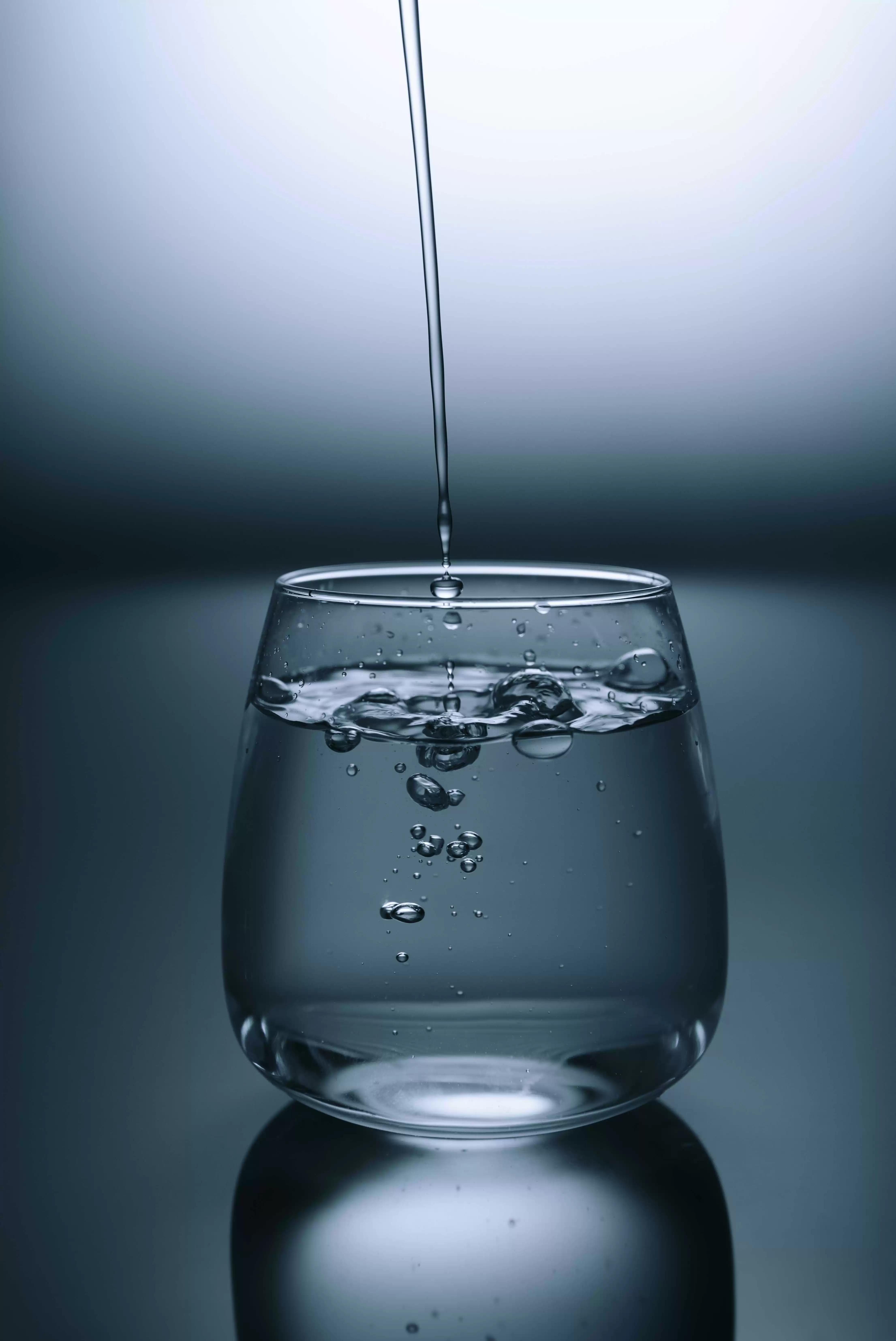





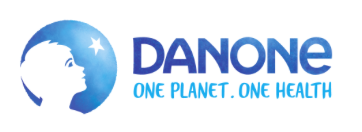 Danone opens a second plant for plant-based products in France - 12/02/2024
Danone opens a second plant for plant-based products in France - 12/02/2024
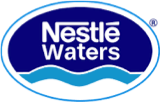 Nestlé admits using prohibited methods for its mineral waters - 29/01/2024
Nestlé admits using prohibited methods for its mineral waters - 29/01/2024
